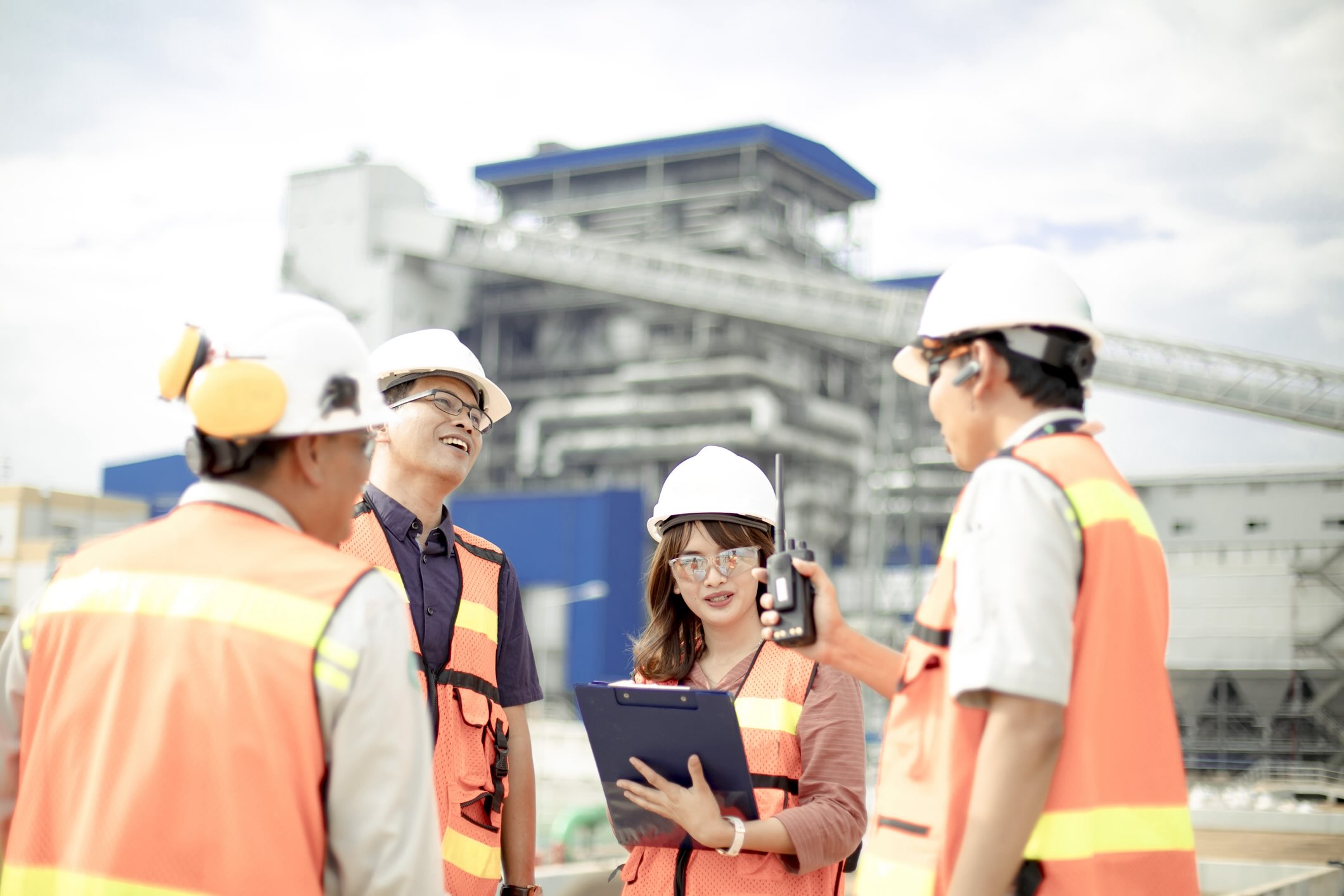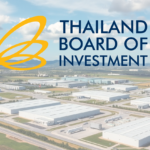Expanding operations into Southeast Asia offers incredible opportunities for businesses worldwide, and how to set up a factory in Thailand provides a strategic gateway to the region’s dynamic markets. Thailand’s skilled labor force, competitive costs, and extensive infrastructure make it an ideal location for industrial operations. However, navigating the factory setup process in Thailand involves managing legal complexities, finding the right location, overseeing construction, and hiring the appropriate workforce—all of which can be challenging for foreign companies unfamiliar with the local environment.
1. Navigating Legal and Regulatory Requirements for Factory Setup in Thailand
Setting up a factory in Thailand requires a thorough understanding of the country’s regulatory landscape. Complying with the Foreign Business Act and securing essential permits, such as the Factory Operation Permit (Ror.Ngor.4), are critical steps in ensuring a smooth process. Additionally, businesses may need to undergo Environmental Impact Assessments (EIA) to meet environmental regulations, depending on the nature of the factory.
Without an understanding of local regulatory requirements, companies may face delays in obtaining a factory license in Thailand or incur penalties for non-compliance. These issues are often underestimated, yet they can result in costly setbacks if not handled properly.
2. Importance of Location Scouting for Factory Setup in Thailand
When determining how to set up a factory in Thailand, choosing the right location is crucial. Thailand offers diverse opportunities for industrial investment with its well-connected infrastructure and numerous industrial estates. Effective location scouting involves more than finding available land; businesses need to consider zoning laws, access to transportation hubs, proximity to suppliers, and potential government incentives in special economic zones.
Overlooking these factors can lead to long-term operational inefficiencies or higher costs. Choosing the right location requires both a strategic understanding of Thailand’s industrial landscape and the foresight to anticipate future growth.
3. Managing Factory Construction and Compliance in Thailand
Managing factory construction in Thailand comes with its own set of challenges, particularly when navigating local building codes and standards. Selecting the right contractors, adhering to Thai construction laws, and obtaining necessary permits are all essential to ensure the project stays on track.
Many foreign companies underestimate the potential for delays or budget overruns during construction. Partnering with manufacturing consultants in Thailand who understand the local regulations and contractor practices can help minimize these risks, ensuring that your factory is built according to plan, on time, and within budget.
4. Overcoming Recruitment and Labor Market Complexities
Thailand has a skilled workforce, but understanding how to recruit and retain talent is vital for successful factory setup. Companies must familiarize themselves with Thailand’s employment laws, such as minimum wage, working hours, and employee benefits, to ensure compliance. Missteps in labor law can lead to legal issues or dissatisfaction within the workforce, affecting overall factory performance.
In addition, cultural differences and language barriers can make recruitment and team integration more complex than expected. Companies that don’t fully understand the nuances of the Thai labor market may struggle to build an efficient workforce capable of meeting the factory’s operational needs.
5. Setting Up Supply Chains and Logistics for Your Factory in Thailand
A key aspect of how to set up a factory in Thailand involves establishing a robust supply chain and logistics network. Thailand’s strategic location offers immense benefits for companies needing strong supply chain and logistics networks. However, setting up an efficient supply chain requires understanding local suppliers, import/export regulations, and the country’s infrastructure, including road, sea, and air transport.
Foreign companies that lack experience in managing Thailand’s logistics landscape may face delays or increased costs due to supply chain bottlenecks or customs clearance issues. To avoid such setbacks, careful planning and local knowledge are essential to ensure smooth operations.
6. Maximizing Government Incentives and Tax Benefits
Understanding how to set up a factory in Thailand also involves exploring the various incentives provided by the Thai government. Through its Board of Investment (BOI), Thailand offers several tax incentives and investment opportunities, especially for industries in high-tech, environmentally friendly, or export-oriented sectors. These include tax holidays, duty exemptions, and grants for eligible projects.
However, navigating the application process for BOI incentives can be complex. Misunderstanding eligibility requirements or missing key deadlines could result in missed opportunities for financial benefits. For foreign companies unfamiliar with the procedures, securing these incentives is crucial for improving profitability and long-term success in Thailand.
Conclusion: Expert Guidance for a Successful Factory Setup in Thailand
Thailand remains a highly attractive destination for industrial investment due to its skilled labor force, strategic location, and government support. However, the process of how to set up a factory in Thailand can present numerous challenges, from understanding legal requirements and managing construction to recruiting the right workforce and ensuring an efficient supply chain.
Foreign companies looking to establish their presence in Thailand will benefit from working with experts who understand the complexities of factory setup. While the country offers incredible opportunities, it’s easy to make costly mistakes when navigating unfamiliar regulations and processes.
For those looking to avoid these pitfalls, partnering with an experienced factory consultancy service in Thailand—such as SparkUp Solutions—can make all the difference. With a deep understanding of local laws, regulations, and industry best practices, SparkUp Solutions ensures your factory setup is efficient, compliant, and cost-effective. By leveraging local expertise, businesses can confidently navigate the complexities of setting up operations in Thailand and enjoy long-term success.
Ready to Set Up Your Factory in Thailand?
Let SparkUp Solutions help you make the process easy. Whether it’s zoning laws, BOI promotion, or environmental rules, our team will guide you every step of the way.
Contact us today to schedule a consultation and take the first step toward establishing your factory in Thailand





